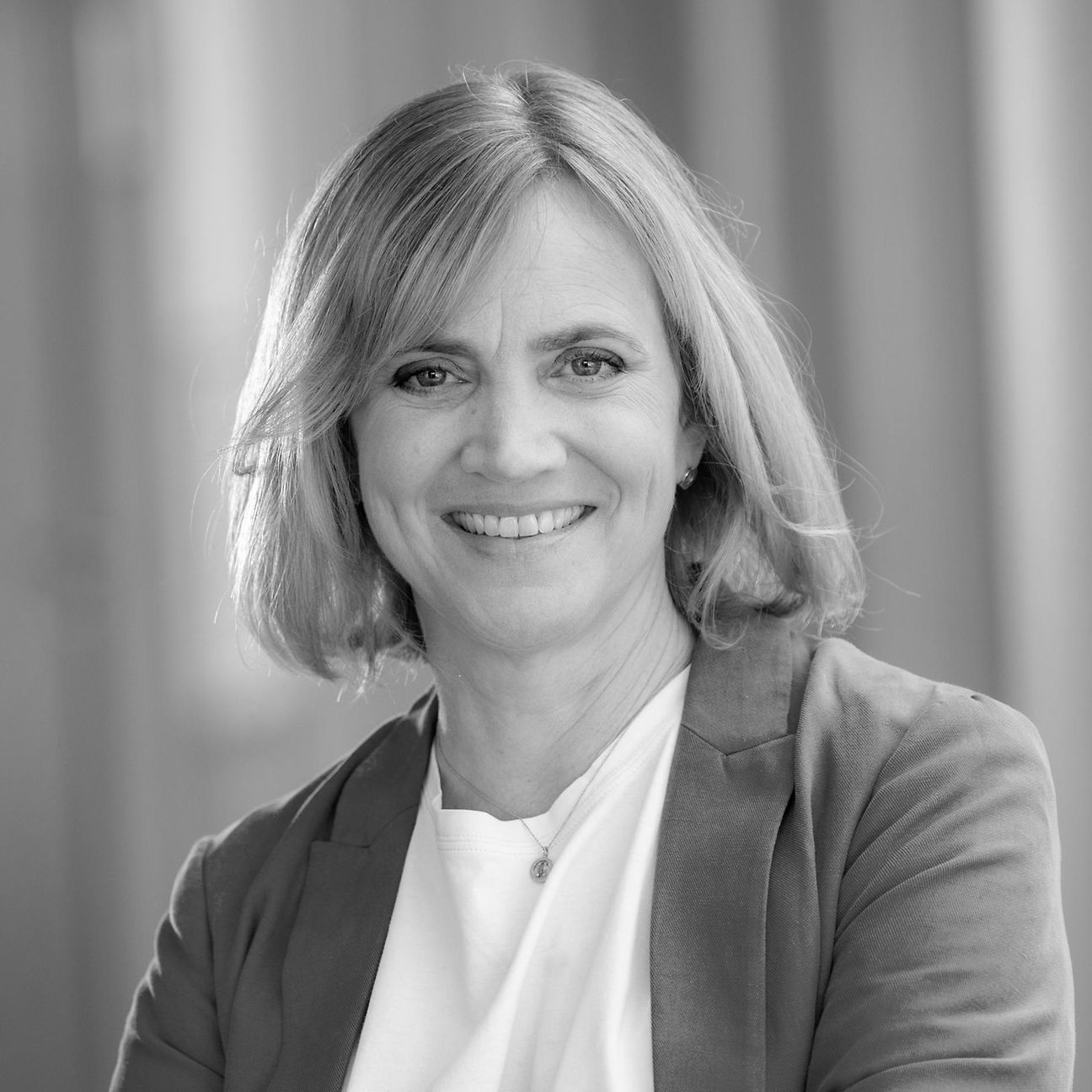

Deutsche Telekom testing 6 GHz frequency spectrum for future mobile communications
- Frequencies are suitable for 5G technology
- Possibly ready for use from 2025
- Groundbreaking test results for decisions at the 2023 World Radiocommunication Conference.
Deutsche Telekom is campaigning for the use of additional frequency bands for mobile communications. The company tested high frequency range at 6 gigahertz (GHz) in Bonn under real-world conditions. The result: The very high frequencies compared to current bands are ideally suited for mobile communications. They could significantly increase bandwidth and data speeds for the 5G mobile communications standard in the future. The major advantage: Existing mobile masts can be simply upgraded with 6 GHz frequencies as part of routine network modernizations. Whether the 6 GHz frequency spectrum can be made ready for mobile communications from 2025 onwards also depends on the decisions made at the World Radiocommunication Conference in November 2023 that will define the regulatory framework for this. The tests are therefore an important decision-making basis for mobile communications experts from around the world. The Bundesnetzagentur provided support for the range of tests.
“We will need more frequencies in the future in order to meet the increasing demands of our customers for more 5G bandwidth. The tests demonstrated that the 6 GHz frequencies are ideally suited for this,” explains Walter Goldenits, head of Technology at Telekom Deutschland.
For the test, a mobile station on the roof of Deutsche Telekom’s headquarters in Bonn was equipped with a 6 GHz antenna. As no smartphones are currently able to process these frequencies, a special computer was configured as an end device for the speed tests. Three scenarios were tested: frequency performance at a distance of 100 meters, at a distance of several hundred meters, and – finally – in the building. The best results were achieved in close proximity to the antenna. Speeds of one gigabit and above were measured in all three versions of the tests. If the frequencies are combined with the previous 5G frequencies at 3.6 GHz, transmission speeds of over 2 gigabits are possible on 5G.
In principle, greater continuous spectrum ranges are available on high frequencies. Their use will ensure additional bandwidth. However, the waves only have a range of a few hundred meters. This means they are primarily suited to urban areas. So far, part of the 6 GHz frequency spectrum has been used for radio relay on cell towers. As these sites will be almost fully connected using optical fibers in the coming years, the 6 GHz frequencies could become available for mobile communications. Network operators have previously used mobile spectrum ranging from 700 MHz to 3.6 GHz for the 2G, 4G, and 5G mobile communications technologies.
Bundesnetzagentur test license
The future use of the mobile communications frequencies depends on the strategy decided at the World Radiocommunication Conference taking place in November 2023. The tests conducted by Deutsche Telekom will provide a valuable decision-making basis. The Bundesnetzagentur supported Deutsche Telekom’s tests by issuing a test license Alexander Kühn, Head of Section International Spectrum Affairs at the Bundesnetzagentur: “The knowledge gained from this project will assist us in making the right decision for the upcoming conference in 2023 and also beyond with regard to the supply of broadband services to Germany.” In particular, a block ranging from 700 MHz to the upper range of the 6 GHz spectrum (6.425-7.125 MHz) is in focus. The frequency could then be used from 2025 at the earliest.
About Deutsche Telekom: Deutsche Telekom at a glance

